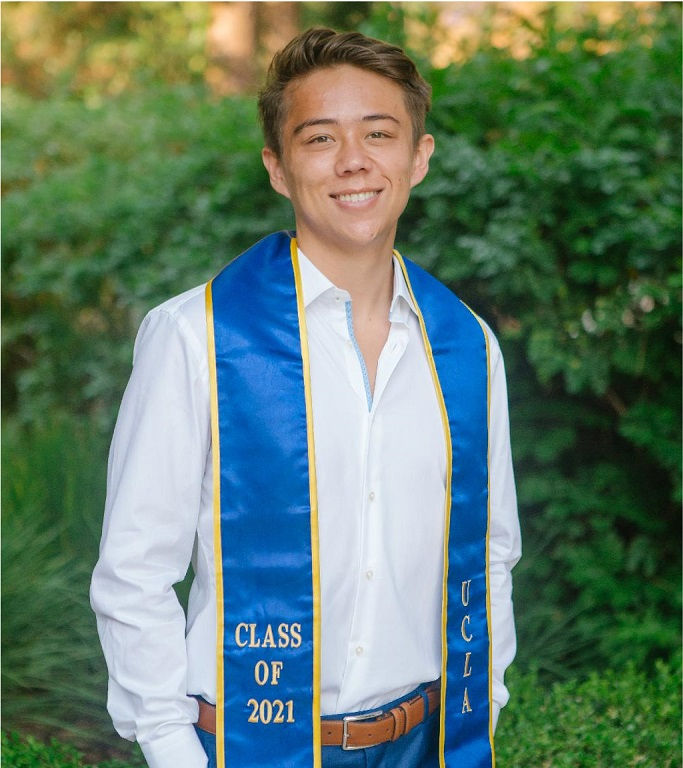Meet Riley, a Pre-Med Intern at San Diego Pediatricians for Clean Air (SDPCA)
- for social goods
- Jan 25, 2023
- 2 min read
Updated: Mar 28, 2023
Q1. What brings you into lead pollution research, specifically leaded aviation gasoline?
Riley: Working with the SDPCA has clued me into a lot of environmental issues and, especially, the interplay between climate and health. Leaded aviation gasoline is one such factor and one that was having specific impacts on my community.
Q2. How concerned are people about lead poisoning in their daily life? What can they do to minimize lead exposure?
Riley: I don’t think people are too concerned with lead exposure. Most sources have been largely relegated in the last decades. I would say that unfortunately, lead exposure can occur as a result of environmental factors, like leaded gasoline, which can be difficult to account for if one is living in an area with an airport that uses these fuels.
Q3. What inspires you to become a premed student?
Riley: Through personal health struggles, I saw the power that a physician could have in guiding people through their most vulnerable moments. Working in these times is a uniquely human experience and incredibly rewarding. I’ve also seen how a physician can extend the impact of their work beyond the clinic to communities and populations as a whole through advocacy and research. This prospect is unique to this career and has informed my passion further.
Q4. What steps did you take to pursue a medical career?
Riley: Explore the career and do things that you find interesting and rewarding! To pursue this career, I’ve worked incredibly hard in school (high school and undergrad), studied and taken the MCAT, conducted community research, volunteered, taught, and more. That being said, while these are things that are important in the pursuit of the career, they’re also things I find meaningful and enjoy.
Q5. How did you find medical shadowing and when did it start?
Riley: I started in high school. I’m very lucky that my father is a physician and I had a perspective on the career that others may not.
Q6. What has been your biggest challenge and what did you learn from it? (if you don’t mind sharing)
Riley: Balancing everything! I learned that the most important thing is to take care of oneself.
Q7. What is your best piece of advice for high school students who want to be a doctor in the future?
Riley: Work hard, do what you’re passionate in, and, if you know this career is for you, don’t give up!
Q8. Would you like to share any fun miscellaneous facts about yourself?
Riley: I’m a Norwegian citizen and love yoga!
This interview has been edited for clarity.
Want to learn more about leaded aviation gasoline? Check out his article published in the San Diego Union Tribune.



